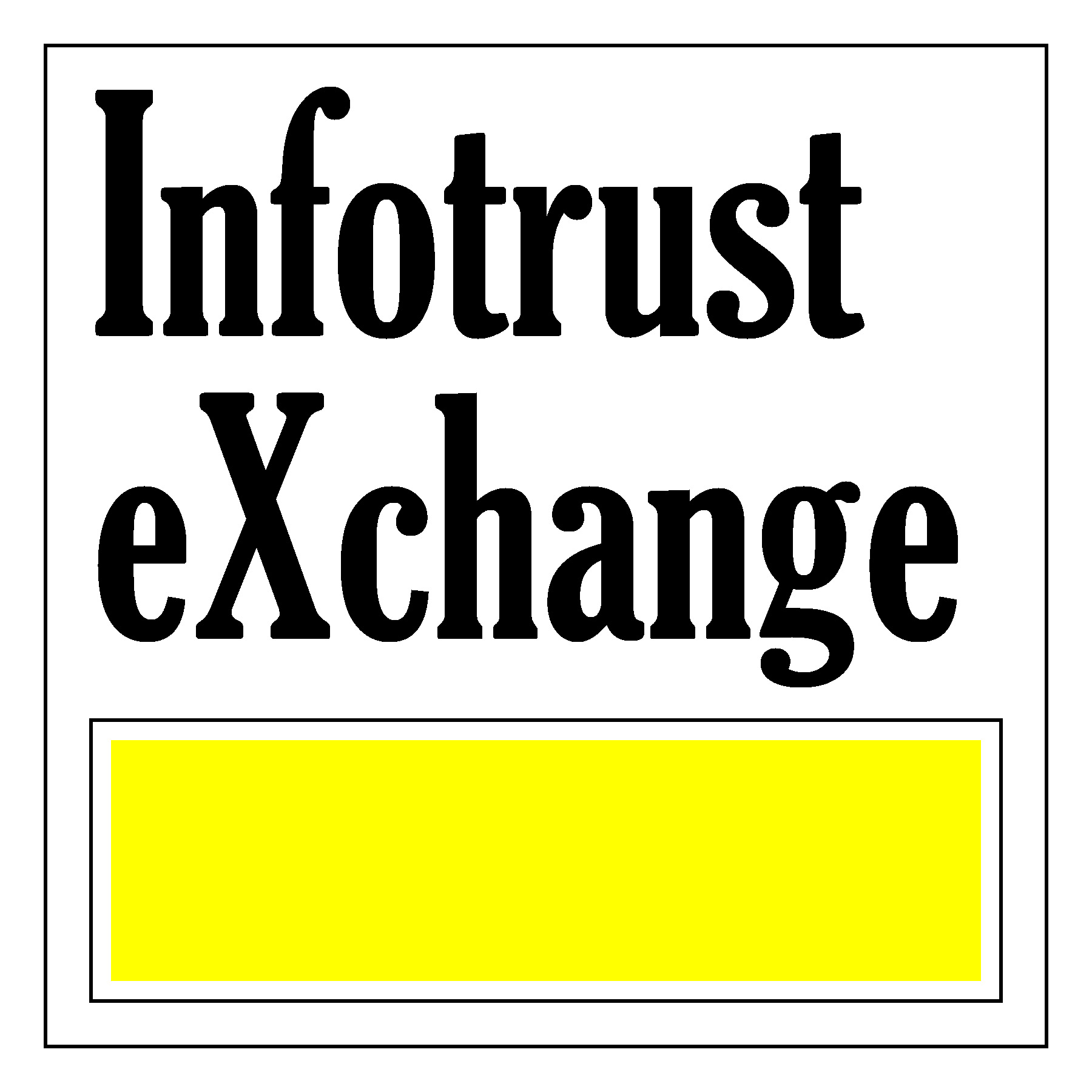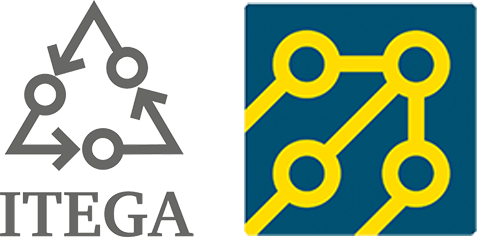
Photo by Kevin, 2009, Flickr / Creative Commons Attribute/Share Alike
New efforts to help consumers gain more control over their identity and privacy, without breaking the business and civic value of the Internet, launched Sept. 26-28 with a first convening in Chicago of the “Internet Multistakeholder Privacy Initiative.”
For publishers, broadcasters, content creatives, privacy advocates and information technologists, it’s an opportunity to help solve one of the most important public-policy and trust issues in online commerce — how to help consumers protect their privacy and identity.
The two-day multistakeholder convening required registration. A preceding one-day workshop on Sept. 26 entitled: “User Data and Privacy — Building market power for trustworthy publishers” was an information-sharing session on how how web-browser software is evolving to give users more control over their data and privacy.
READ A WRAP-UP REPORT ON THE CONVENING: “Bold Thoughts about a Billion-dollar Opportunity?”
LEARN MORE: Protecting the online privacy of consumers — an urgent priority.
Poll after poll over the last two decades demonstrate that consumers take their privacy seriously and are concerned about how their personal information is collected and used online. Seventy percent of consumers are uncomfortable with online tracking of their web activities and 77% are uncomfortable with companies’ selling personal data for advertising purposes. Every year Congress considers national legislation on consumer privacy.
While it has yet to enact legislation, states are increasingly stepping in as evidenced by California’s passage of a privacy law this past June. In Europe, the General Data Protection Regulation (GDPR) is now being enforced, affecting every company that collects or processes data from European citizens.
Three nonprofit organizations — the Information Trust Exchange Governing Association (ITEGA), the Local Media Consortium (LMC), and a project of the Internet Society (ISOC) are working together to develop a consumer-friendly privacy policy and standards for the online services of LMC members and other publishers. Goals are to help users regain control of their privacy and identity and help publishers to improve the relevance of advertising and services — without depending upon regulation or private platform companies. Mozilla is also is guiding a pre-convening workshop designed to help publishers learn about changes in the way browsers are handling use privacy and to unveil the Global Consent Manager Platform.
The three groups are using an open, multistakeholder process that will include a series of meetings and working groups facilitated by Lawrence Strickling, a lawyer and former U.S. Commerce Department administrator who heads the Internet Society’s Collaborative Governance Project. It has the working title, “Internet Multistakeholder Privacy Initiative.”
LEARN HOW TO JOIN THE MULTISTAKEHOLDER PROCESS
EMAIL TO REQUEST PARTICIPATION | READ MORE ABOUT THE INITIATIVE.
Co-convened by:




